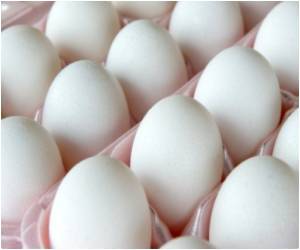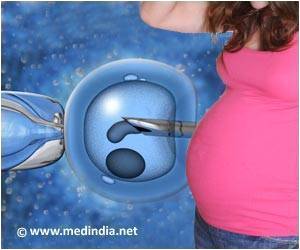It might be possible to develop vaccines to prevent premature birth and other pregnancy complications, suggests a new study published in an online journal Nature.

Current vaccines are specifically designed to stimulate T cell subsets that activate the immune response.
The study, led by a researcher at Cincinnati Children’s Hospital Medical Center, shows the immune system of a pregnant mother stimulates cells that selectively prevent attack and rejection of fetal tissues recognized as being foreign. Importantly, these pregnancy-induced, immune suppressive regulatory T cells are retained after delivery, and rapidly re-accumulate and provide protection in subsequent pregnancy.
Successful pregnancy requires the ability to tolerate antigens inherited from the father. These antigens evoke an immune response by the mother’s immune system, which considers these antigens foreign. If the mother gets pregnant again, these T cells remember the first pregnancy and provide additional protection to the fetus from being attacked by the mother’s own immune system.
"We show definitively immune suppressive regulatory CD4 cells can form immunological memory," says Sing Sing Way, MD PhD, a physician researcher in Infectious Diseases at Cincinnati Children’s and the study’s senior author. "These memory features shown in pregnancy illustrate why complications become reduced in subsequent compared with primary pregnancy, but can also be broadly applied to new ways to better control the stringent balance between immune stimulation and suppression for preventing autoimmune diseases."
Way and his colleagues demonstrate that the protective program during pregnancy is established by the expansion and retention of regulatory T cells that specifically recognize fetal antigens.
Advertisement
Source-Eurekalert










